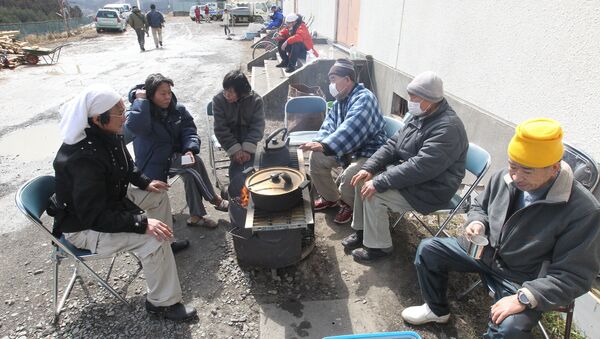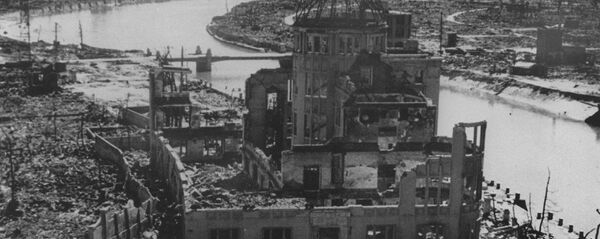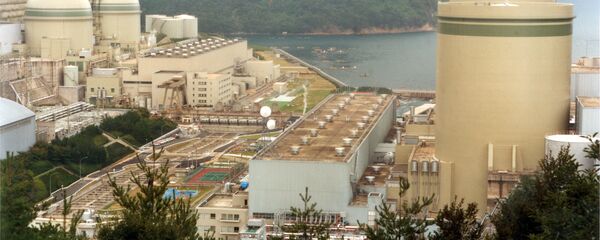The Japanese scientists, led by Fukushima Medical University’s Koichi Tanigawa, point to a "clear difference" between the legacy of the 1945 bombings and that of Fukushima, which they say is a crisis of trust between the country's population at large and the scientific community.
First-responding doctors, they say, failed to help the affected people understand the nuclear risk of the Fukushima fallout. A divide arose in part from the "public conflation of government-appointed doctors with politicians" and also due to the complex terminology doctors used to explain the health effects of radiation to the anxious population.
"Self-stigma is also a problem among some evacuees," the studies say.
The 2011 Fukushima Daiichi nuclear disaster was triggered by a 9.0-magnitude earthquake and subsequent tsunami. At least 140,000 people were evacuated from the contaminated region, many of whom are still unable to return to their homes.





